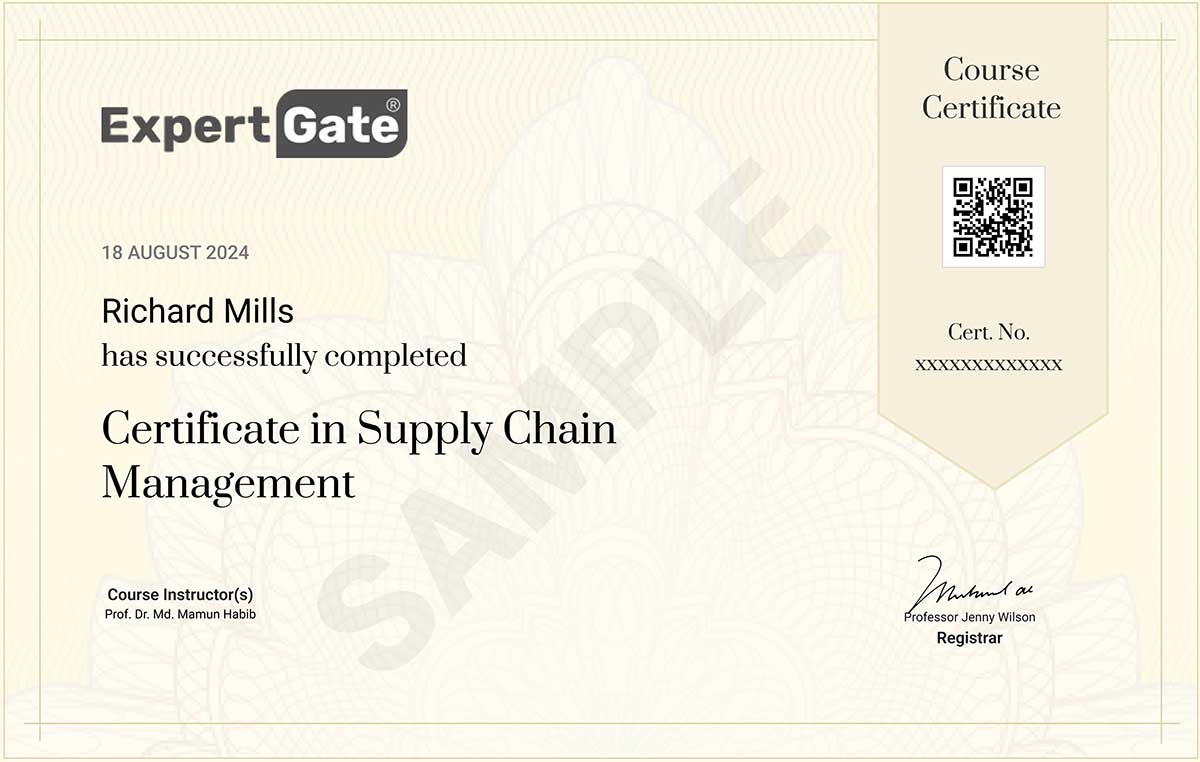Sustainable Farming with Integrated Methods A Practical Guide for Farmers

Overview
Instructors
Outcomes
Structure
Introduction to Integrated Farming
Understand the concept, benefits, and key principles of integrated farming systems. Learn how integration supports sustainability and profitability.
Core Components of an Integrated Farm
Explore how crops, livestock, aquaculture, and agroforestry can be combined effectively. See how each enterprise complements the other.
Planning Your Farm System
Step-by-step guidance on designing an integrated farm layout. Includes resource mapping, enterprise selection, and seasonal planning.
Soil, Water & Resource Management
Learn sustainable practices to improve soil health, conserve water, reduce inputs, and recycle nutrients naturally.
Applying It Locally: Case Studies & Action Plan
Review real-world examples of successful integrated farms (including Australian contexts) and begin drafting your own basic integrated farm plan.
Assessment
Interactive group discussions to reflect on key concepts and share local farming experiences
Short quizzes or check-ins at the end of selected modules to review core ideas
A basic farm planning exercise, where each participant drafts an outline of an integrated farm system tailored to their own land or local conditions
Verbal or written feedback from the trainer to guide improvements and answer individual questions
Target Audience
Recommended Resources
Integrated Agriculture: An Approach for Sustainable Agriculture – Dr. Amanullah Khan
A comprehensive guide that explores integrated crop-livestock systems, nutrient management, and sustainability principles tailored for developing and developed contexts.
FAO’s Guidelines on Sustainable Agriculture – Food and Agriculture Organization of the United Nations
Practical frameworks and case studies on integrated and climate-smart agriculture.
Visit: www.fao.org
Australian Government – AgriFutures & Sustainability Reports
Reports and insights on sustainable farming practices, land use, and farm innovation in Australia.
Visit: www.agrifutures.com.au
ATRA Sustainable Agriculture Library – National Centre for Appropriate Technology (NCAT)
Free access to technical guides and tools for diversified farming systems.
Visit: www.attra.ncat.org
Research Articles & Case Studies (provided during the course)
Real-world examples from Australia and other regions demonstrating successful integrated farm models.
Certificates

